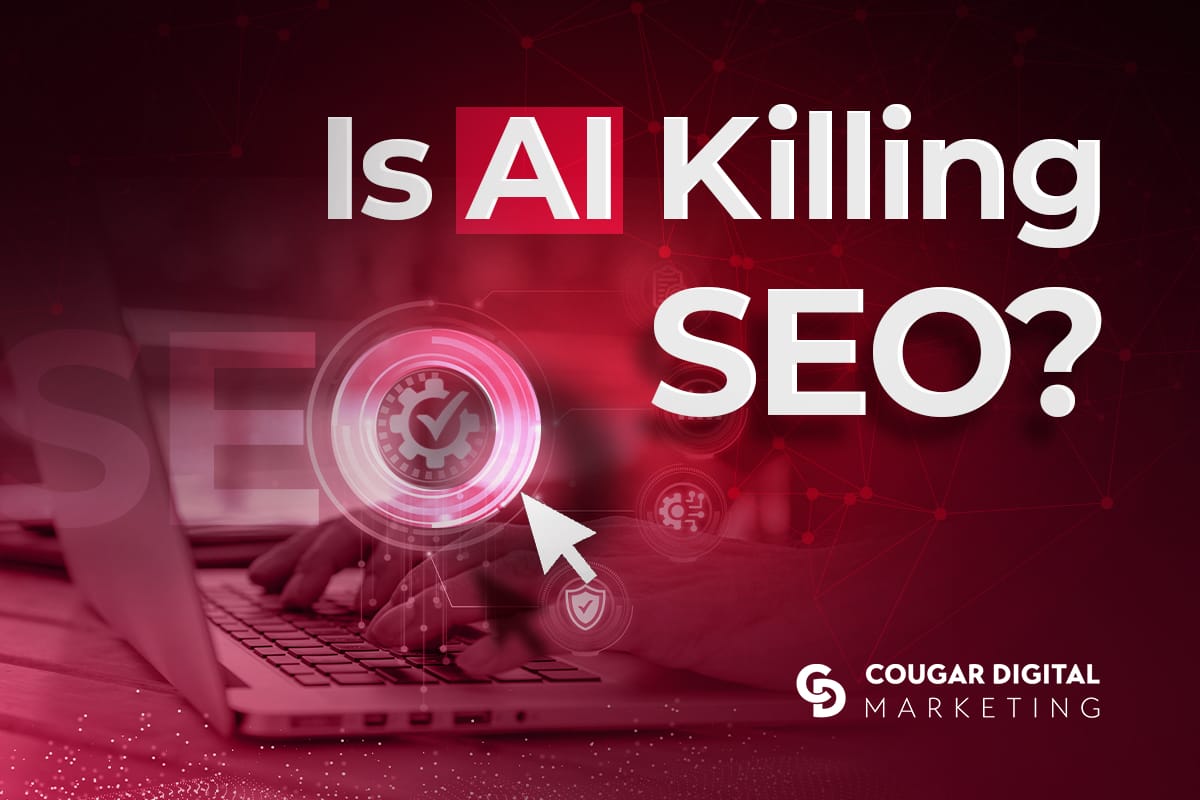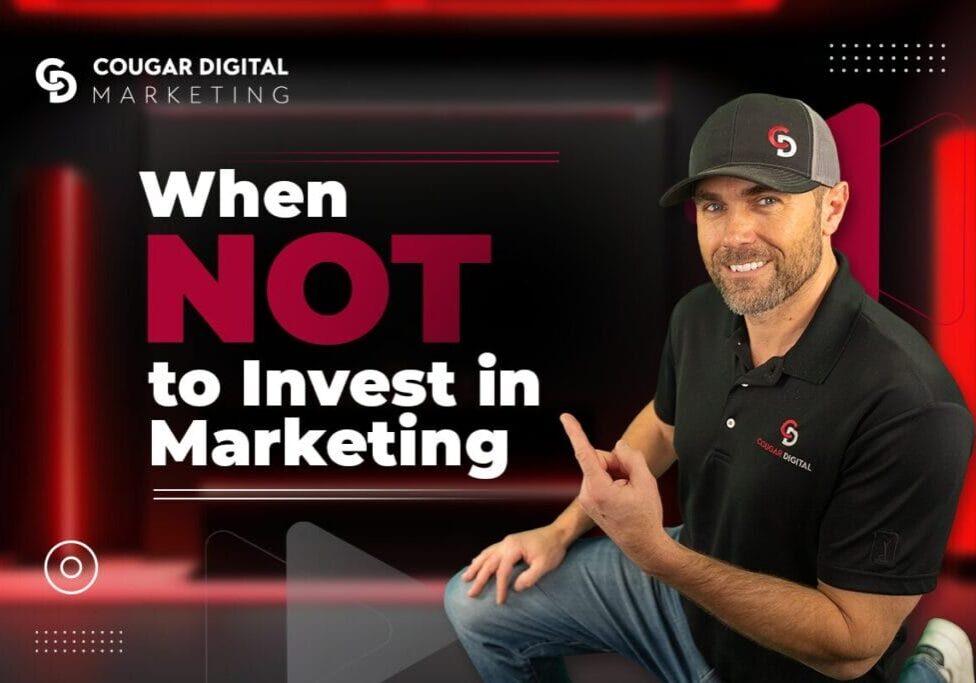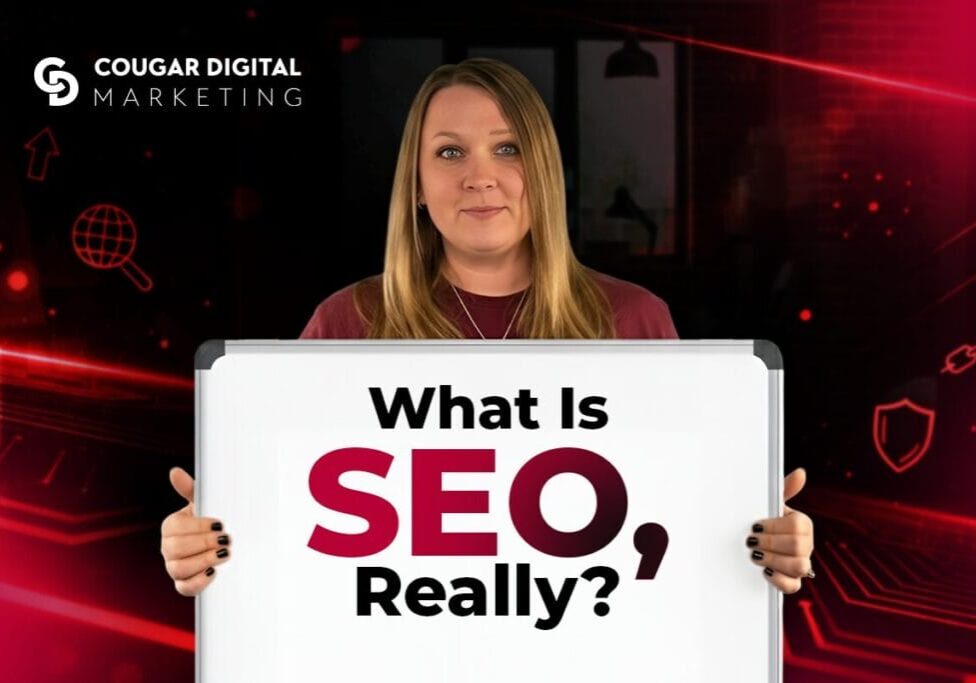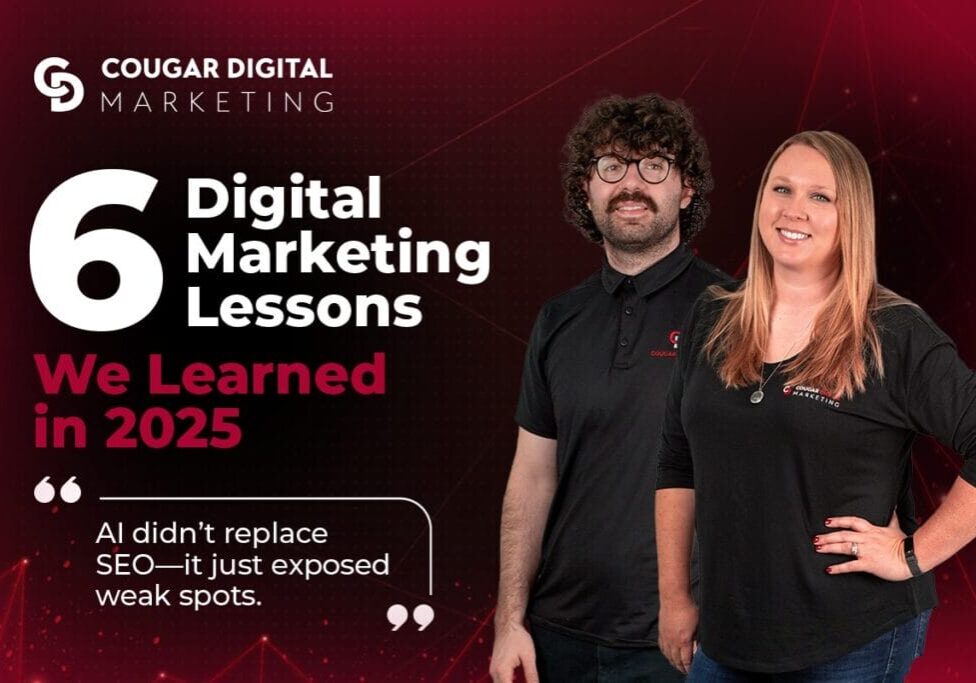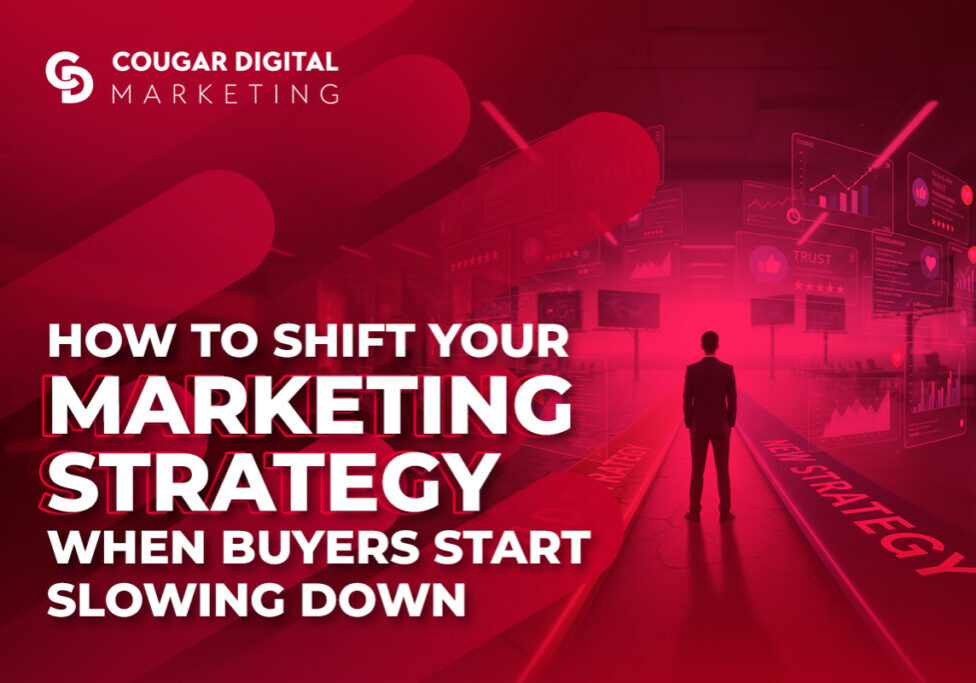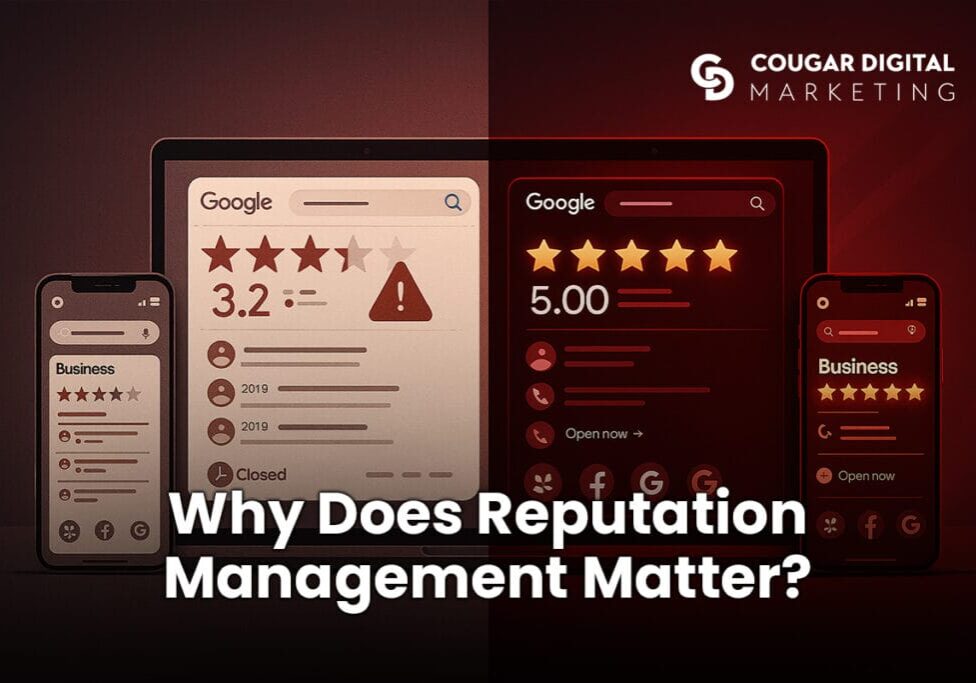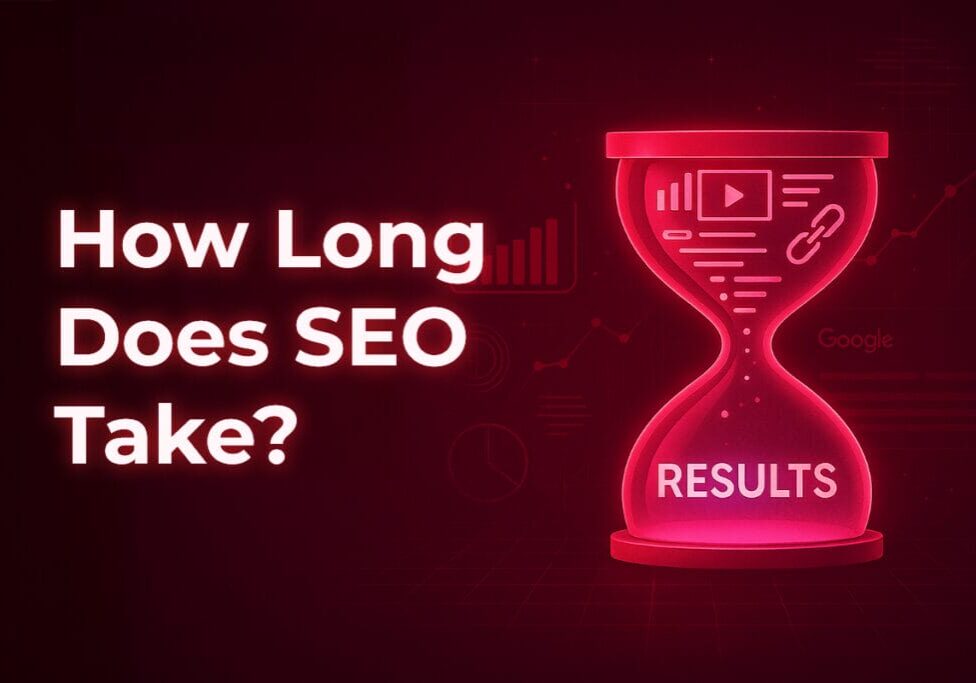AI is changing how people search online—and a lot of our clients are asking if investing in their website and/or SEO is still worth it.
Short answer: Yes.
SEO isn’t dead. But the rules are shifting.
If you’re a small business owner wondering how to stay visible online, here’s what you need to know.
How AI is changing SEO and online search behavior
Tools like ChatGPT, Google’s AI Overviews, and Perplexity are answering people’s questions directly, without them ever clicking on a website.
“Marketers are scrambling… consumers increasingly use AI tools like ChatGPT, and AI-generated summaries atop Google/Bing reduce visits to websites.”
— Source: Wall Street Journal
This trend is called “zero-click” search, and it’s becoming the norm:
- As of 2024, 65% of Google searches end without a single click (Wordstream).
- A Bain & Company survey found that users complete 40% of searches without visiting a website.
So… is it still worth investing in SEO?
Why SEO still matters in the age of AI
Even if AI tools pull from lower-ranked pages, SEO is still how AI finds your content in the first place.
“Only 47% of links cited in AI Overviews came from the top 3 search results. Many came from pages ranked 4 through 10—or beyond.”
—Source: Search Engine Land
Translation: Google and AI tools are both hunting for trustworthy, useful content, and SEO is what helps them find it. You might not need to be #1 anymore, but if your content is helpful, structured well, and speaks directly to the searcher’s question, you’ve got a shot at showing up in both traditional results and AI summaries.
Not sure what to spend on marketing?
Find out in 30 seconds.
Plug in your numbers, get a smart budget instantly.

...because 'just throw money at it' isn't a marketing strategy.
How people are searching differently (and why it matters)
AI is influencing not just how people search, but how they phrase what they’re looking for.
Old-school search:
“plumber tri cities washington”
What people type now:
“Who can fix a broken sink near me?”
“Why is my water heater leaking?”
These longer, more conversational searches are where small businesses can win—if your website speaks the same language.
Take a few minutes to:
- Rewrite service page headlines to reflect real customer questions.
- Add or update FAQs with plain-language answers.
- Use everyday phrases instead of stiff, keyword-stuffed copy.
Helpful human content = higher chances of being pulled into AI answers.
How to optimize your website for AI search results
We’ve always said it: write for people, not robots. That’s more true now than ever.
Here’s what to focus on to improve your visibility with both Google and AI tools:
- Make your site fast and easy to navigate
If it’s slow or confusing, users bounce—and search engines notice. - Write like a real human
Use natural language. Speak the way your customers talk. Be clear, not clever. - Include reviews, photos, and real content
Trust signals matter. Use your own visuals, and keep your Google Business Profile updated. - Use structure that both people and AI can follow
Clear page titles, H2s and H3s, bullet points and short paragraphs, and FAQs all help AI tools extract and summarize your content more easily—and they make your site easier to read, too.
Like this article?
There's more where that came from.
What are AEO and GEO, and should you care?
You might start hearing acronyms like:
- AEO (Answer Engine Optimization) – Making your content easy for AI to pull answers from.
- GEO (Generative Engine Optimization) – Structuring content so generative AI tools (like ChatGPT) cite you as a source.
Don’t stress. If you’re doing smart SEO—clear content, useful answers, trustworthy signals—you’re already on the right path.
Final thoughts: SEO isn’t dead. It’s just growing up.
AI is changing how people search. But it’s not replacing SEO. It’s just raising the bar on what good content looks like.
Whether you’re a local coffee shop, a contractor, or a consulting firm—your website still matters. But how people find it is evolving.
Want to craft a smart strategy for your brand in the age of AI? Let’s talk.
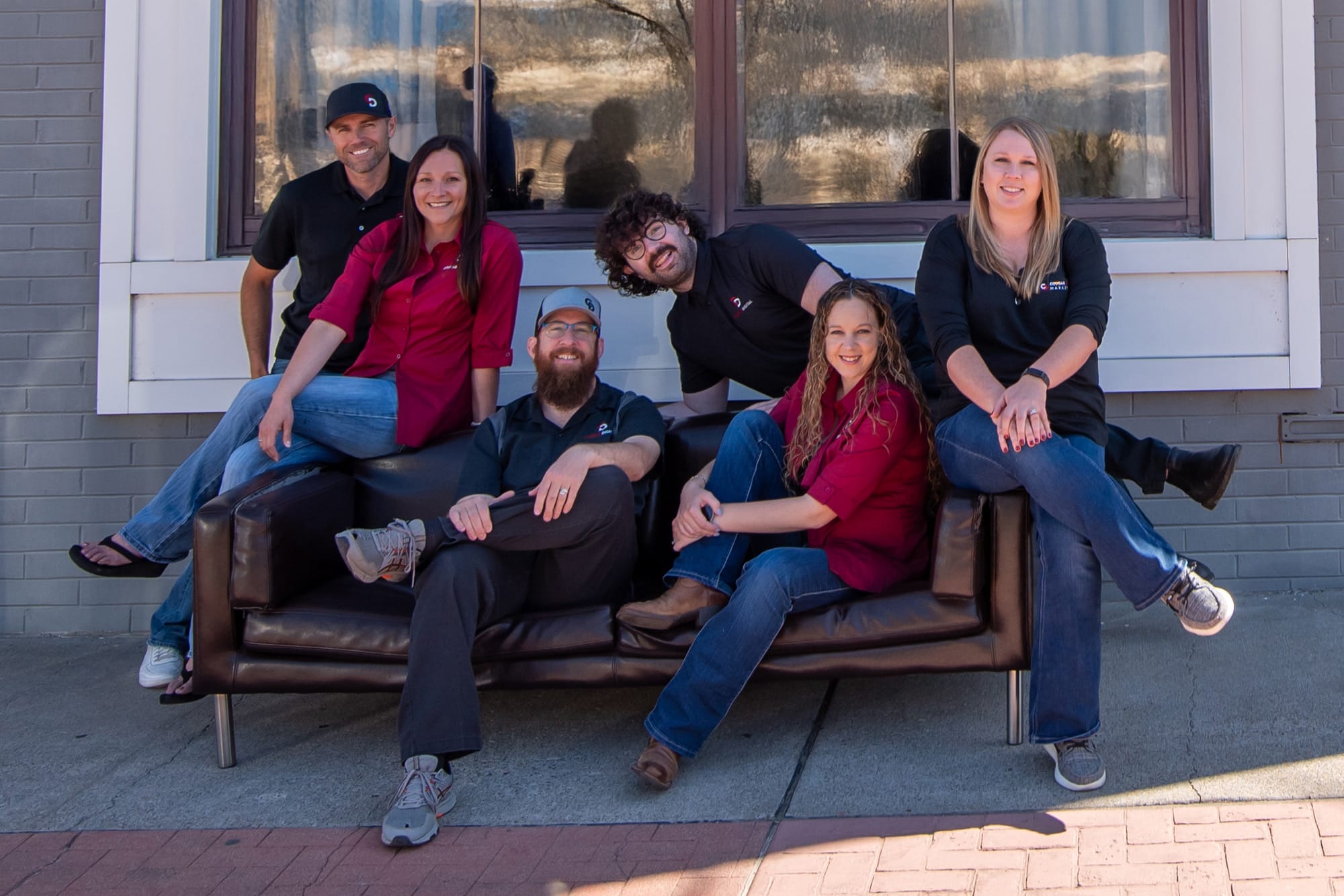
Sign up for a FREE marketing analysis & consultation!
In about 30 minutes, we'll cover your:
-
Business Goals and Challenges
-
Current Marketing Efforts
-
Target Audience and Market Insights
-
Competitor Analysis
-
Customized Growth Opportunities

